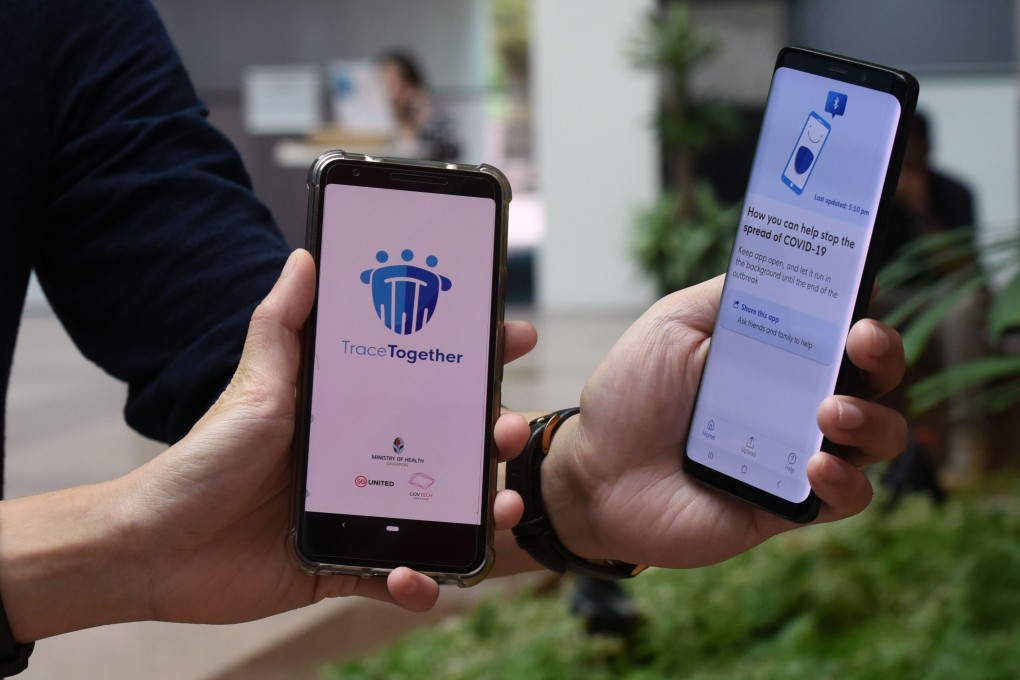Coronavirus: how did Singapore get residents to stop worrying and trust its TraceTogether Covid-19 app?
- The city state says 70 per cent of its population is using the app, touting it as possibly the ‘world’s most successful’ digital contact-tracing programme
- The likes of Japan and Hong Kong have struggled with similar ventures, with privacy concerns among the main issues cited

Indeed, analysts said Singapore’s numbers were unusually successful compared with other countries around the region that have rolled out similar programmes in recent months only to be met with lukewarm responses. They pointed out that there were several factors that could have stood in the way of citizens opting in to such programmes, including data privacy concerns and a lack of trust.
In May, three months after Singapore had launched its app, only 1.4 million people had downloaded it. At the time, authorities stressed that at least three-quarters of the population had to be using the app – which leverages short-distance Bluetooth signals between mobile phones to detect other participating users – for it to be effective.
Hsu Li Yang, an associate professor at the Saw Swee Hock School of Public Health at National University of Singapore (NUS), said many Singaporeans did not understand or trust the authorities’ explanation that data was stored locally on the user’s phone – including location data – and only accessed if the user tested positive for Covid-19.
This was in line with an earlier survey by Singapore-based independent pollster Blackbox Research, which found that 45 per cent of respondents had not downloaded TraceTogether even though they had heard of it, with their main concern that they “did not want the government tracing their movements”.